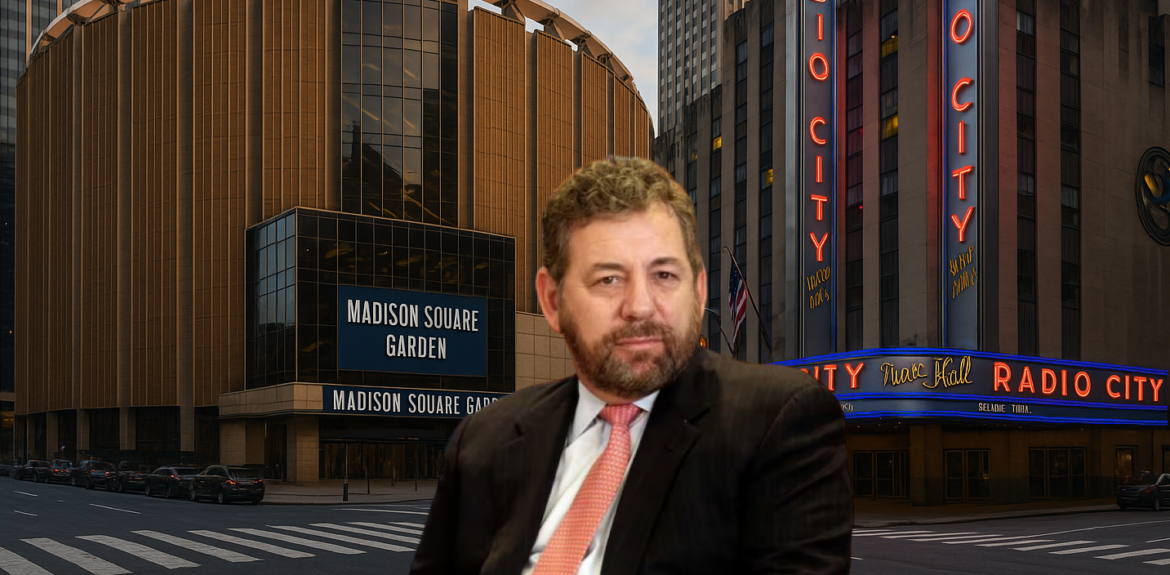Madison Square Garden (MSG) has found itself at the center of controversy after banning a fan, Frank Miller, over a T-shirt design he created years ago. The incident, which occurred earlier this week, has reignited debates about the venue’s use of facial recognition technology and its approach to managing dissent.
Frank Miller, a graphic designer from Seattle, traveled to New York to celebrate his parents’ wedding anniversary at Radio City Music Hall, a venue owned by MSG Entertainment. However, upon scanning his ticket, Miller was stopped by security and informed that he was banned from all MSG properties. The reason? A T-shirt he designed in 2017 that read “Ban Dolan,” referencing MSG CEO James Dolan.
“They hand me a piece of paper letting me know that I’ve been added to a ban list,” Miller told the Verge. “There’s a trespass notice if I ever show up on any MSG property ever again,” which includes venues like Radio City, the Beacon Theatre, the Sphere, and the Chicago Theatre.
However, Miller never even wore the shirt himself – only a friend of his did during a Knicks game in 2021, leading to their ejection from the venue. Despite Miller’s lack of direct involvement in the incident, his association with the design was enough to land him on MSG’s blacklist. According to MSG representatives, Miller had “made threats against an MSG executive on social media and produced and sold merchandise that was offensive in nature,” which they claimed violated the venue’s code of conduct.
MSG’s use of facial recognition technology has been a point of contention since its implementation in 2018. While the system is ostensibly designed to enhance security, critics argue that it has been used to target individuals who have publicly criticized Dolan or MSG Entertainment. In 2023, New York Attorney General Letitia James launched an inquiry into allegations that MSG maintained a blacklist of “enemies,” including lawyers involved in litigation against the company and fans who expressed dissent on social media.
Miller’s case is the latest example of this practice, raising questions about the balance between security measures and personal freedoms.
“These venues are bigger than his ownership—they were here before his family owned them,” Miller said in response to the ban. “They belong to the people, maybe not legally, but the Knicks, Radio City… It’s just crazy”.
The incident has sparked outrage among fans and civil rights advocates, who view MSG’s actions as an overreach. Many have called for greater transparency in how the venue uses facial recognition technology and determines its blacklist criteria.
While security is a legitimate concern, the potential for misuse and the impact on individual rights cannot be ignored. For now, Miller’s story highlights the need for accountability and fairness in how venues manage dissent and enforce their policies.


